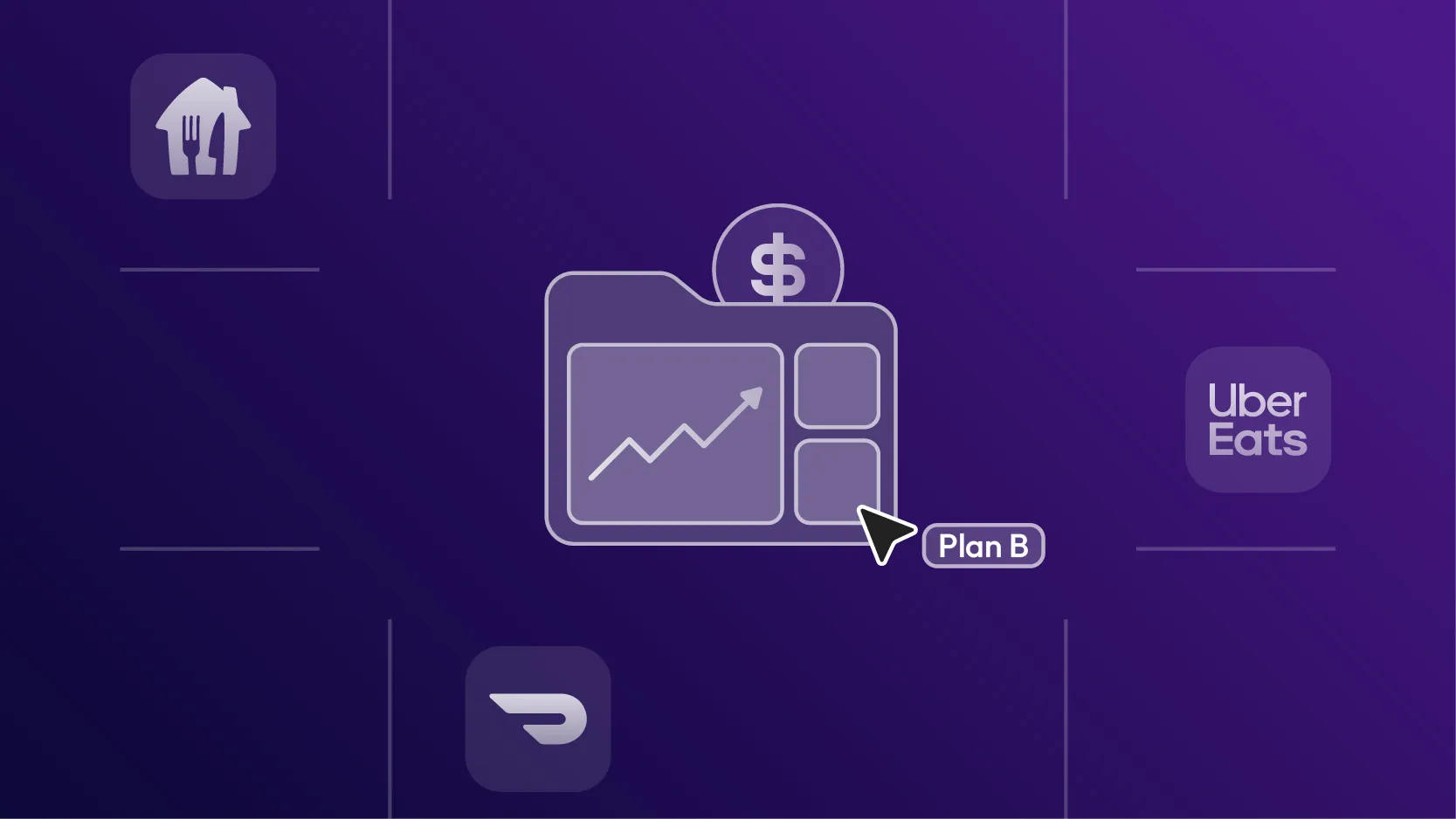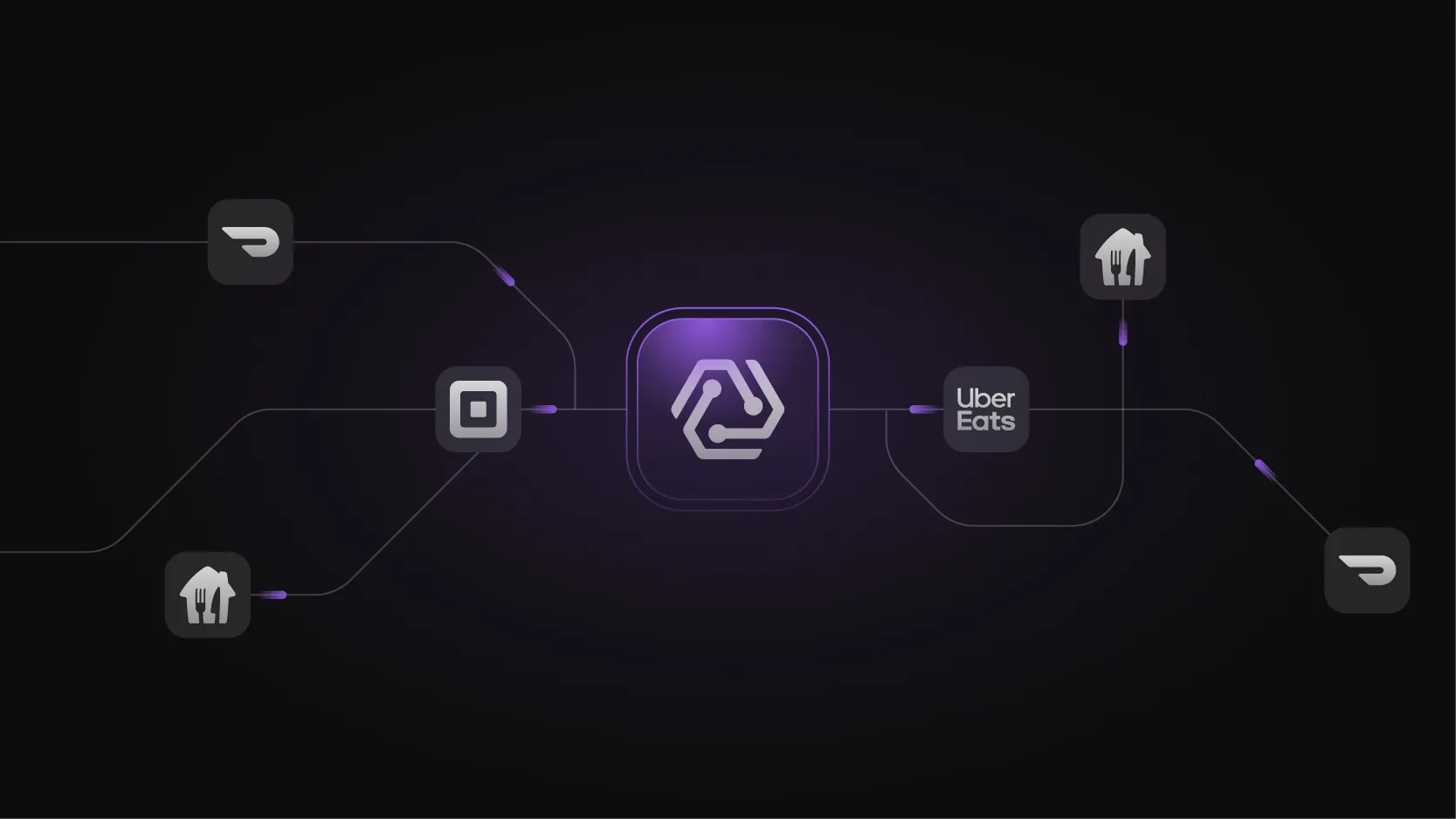Global Food Delivery Market: Why Restaurants Need a Plan B
Connexup Team
Sep 24, 2025
The Delivery Boom — and Its Hidden Costs
Food delivery has exploded worldwide over the last decade. Apps like Uber Eats, DoorDash, and Grubhub helped restaurants stay afloat during the pandemic and made ordering dinner as easy as tapping a phone. But growth comes at a price: the very platforms that bring in orders are also eating into restaurant profits.
Across the U.S. and many other countries, third-party delivery apps now charge commissions that can reach 25-30% per order. Even in cities that tried to cap fees — New York and San Francisco, for example — platforms often add marketing surcharges or premium service tiers to make up the difference. For independent operators working on razor-thin margins, that’s a serious hit.
Why Relying Only on Third - Party Apps Is Risky
Rising Commission Fees
Delivery platforms have steadily increased their take rates. What started as a reasonable marketing cost is now a major expense that cuts directly into the bottom line.
Loss of Customer Data and Loyalty
When orders come through a third-party app, the platform — not the restaurant — owns the customer relationship. Without direct access to guest data, it’s harder to build loyalty programs or re-engage customers.
Limited Control Over Brand Experience
From packaging mishaps to late deliveries, restaurants have little control over how the food actually reaches the diner. One bad delivery can damage your reputation even when the kitchen did everything right.
Policy and Market Uncertainty
City regulations, lawsuits over fee caps, and constant changes in platform policies create an unpredictable business environment. Planning long-term around someone else’s rules is risky.
How Smart Operators Are Responding
Many U.S. restaurants are no longer putting all their eggs in the third-party basket. Instead, they’re building Plan B strategies that combine the reach of delivery apps with their own direct channels.
Direct Online Ordering
Independent restaurants are launching their own websites or branded mobile apps with integrated ordering and payment. This keeps the full customer experience — and customer data — under their control while avoiding hefty commissions.
Hybrid Delivery Models
Some operators still use third-party apps for distant or first-time customers but handle nearby deliveries in-house or through local couriers. That mix lowers fees and provides more flexibility.
Loyalty Programs and Exclusive Deals
By offering discounts or rewards to customers who order directly, restaurants encourage repeat business through channels they control.
Smarter Pricing and Menu Management
Adjusting menu offerings, optimizing packaging, and setting different pricing for app orders can offset high commissions without alienating regulars.
These tactics share one goal: regaining control of margins and customer relationships while still tapping into the visibility that big delivery apps provide.
Building Your Own Plan B
Future growth in the food delivery market is almost certain — but so are higher costs and shifting platform rules. A smart Plan B protects your brand and profitability no matter how the big apps change.
This is where a solution like Connexup naturally fits in. Connexup helps restaurants integrate direct online ordering with third-party platforms, manage customer data in one place, and reduce reliance on high-commission apps. It’s not about abandoning delivery apps; it’s about balancing platform traffic with owned channels so you stay in control of your business.
The global food delivery market isn’t slowing down, and neither are commission fees. Restaurants that develop a solid Plan B today — by investing in direct ordering, customer loyalty, and tools like Connexup — will be the ones thriving tomorrow.

